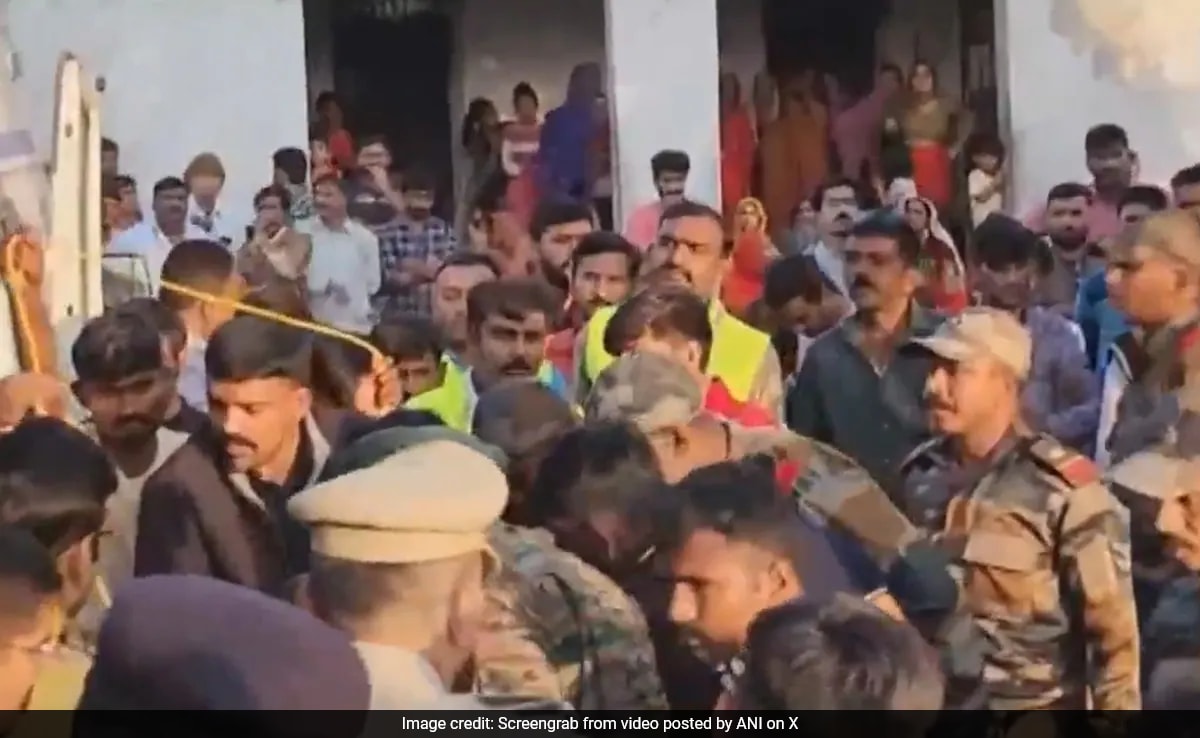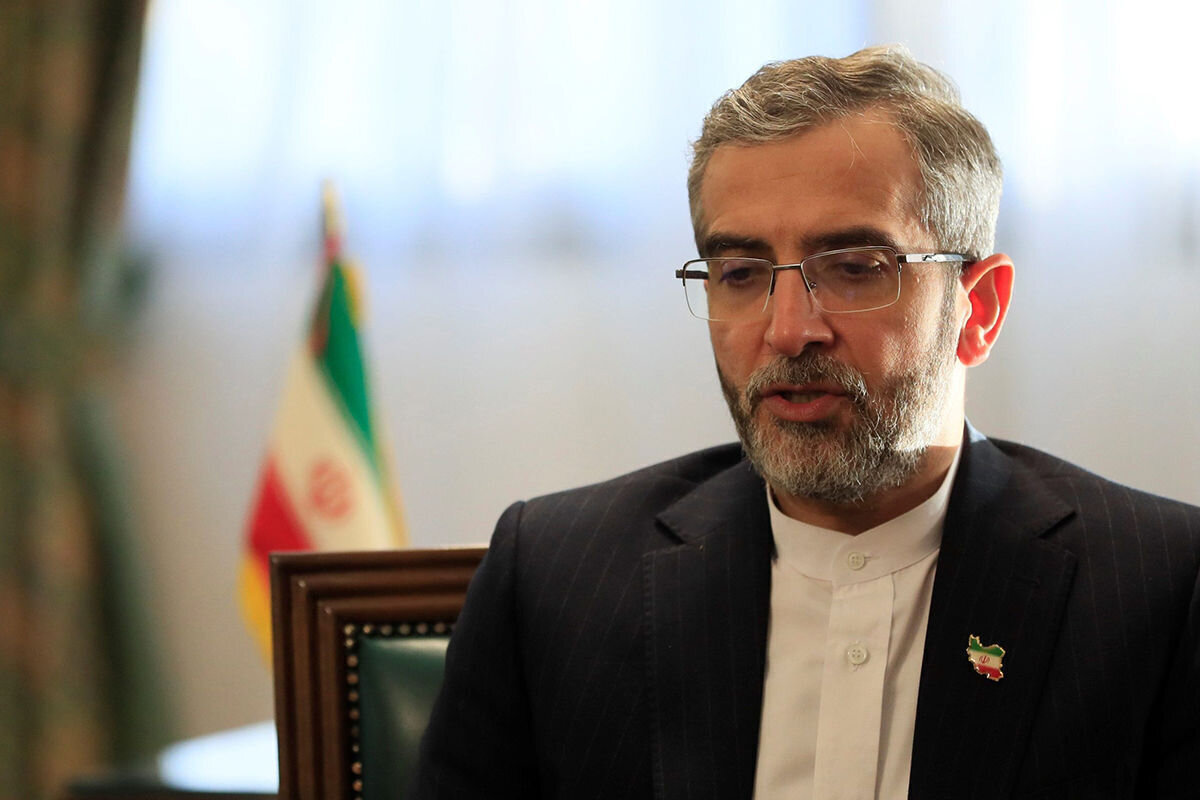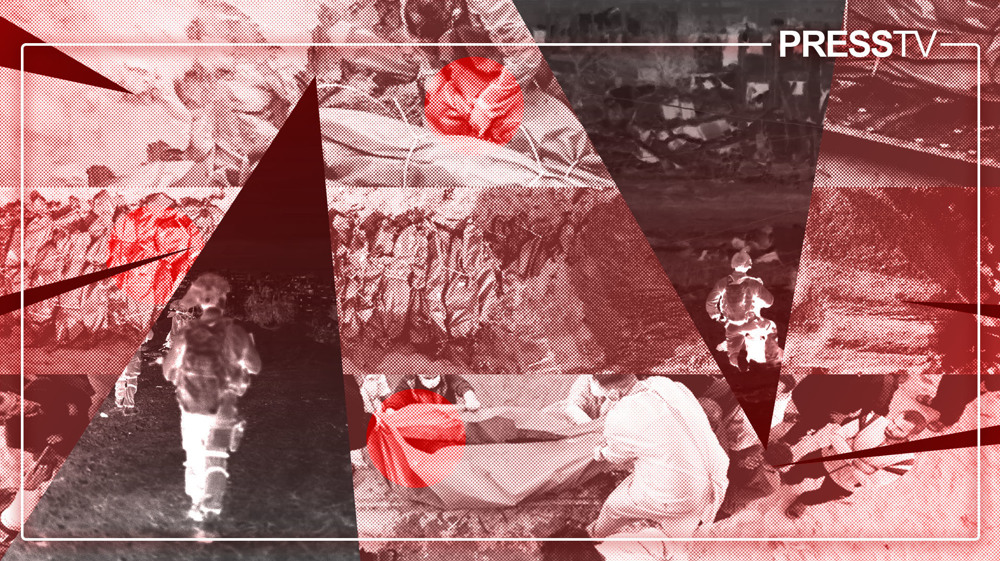By Humaira Ahad
“His eyes sank inside his skull as if he did not have any muscles atrophied, and his skin peeled off easily. It was difficult to identify him, except that I am his father and I know him well.”
These were the words of Muhammad Elayaan, father of Bahaa Elayaan, when the body of his 22-year-old son was released in 2016 by the Israeli regime after being kept in the refrigerator for 325 days.
To take possession of Elayaan’s body, the bereaved family had to pay a ransom of 20,000 Israeli shekels ($5,292) and ensure that it was buried only in a cemetery chosen by the Israeli regime police with only two dozen people in attendance for the funeral rites.
Muhammad Elayaan said his son’s lifeless body was severely disfigured due to several months spent frozen in a morgue controlled by the regime.
More than 130 bodies of Palestinians killed since 2015 have been kept by the occupying regime in morgue fridges. Worse, it has also been found involved in harvesting their organs.
Amid the genocidal war that has killed more than 21,000 people in Gaza since October 7, the latest case of the Israeli regime’s criminal practice of mutilating Palestinian corpses has come to the fore.
On December 26, the authorities in Gaza said the regime had again mutilated and harvested the organs of Palestinians, most of them youth, killed by the Israeli army during recent ground aggression.
Condemning the crime, authorities in Gaza said the regime delivered the bodies of about 80 Palestinians in the city of Rafah, which were “in a state of decomposition and difficult to recognize.”
These bodies were “from different areas” in the besieged coastal strip, the authorities noted, adding that it was clear that the regime had “tampered with these bodies.”
“Many cases revealed that organs were stolen from the bodies of these martyrs,” read the statement by the Government Media Office in Gaza.
“What the enemy did can only be described as a war crime, a heinous crime, and a blatant violation of the sanctity and dignity of the dead.”
The regime refused to reveal the identities of the bodies and did not mention locations where they were kidnapped, held, murdered and mutilated, according to Gaza authorities.
“Their barbarism and moral decline are confirmed in their aggression against our people, their assault on the bodies of our righteous martyrs, and the exhumation of their graves,” the statement noted.
These bodies “arrived inside a container, some intact, while others were in pieces, and some others had decomposed.”
Targeting cemeteries, stealing bodies
As per a report published earlier this month by Euro-Med Human Rights Monitor, a Geneva-based human rights group, the Israeli army has repeatedly targeted several cemeteries in the Gaza Strip, leading to widespread destruction. It has vandalized graves, and also stolen dead bodies.
The group, which has widely documented war crimes by the Israeli regime since October 7, said such practices by the Israeli army have been common throughout this war, adding that graves in Jabalia, north Gaza, were recently dug up and emptied.
“Israel’s army has targeted the majority of cemeteries in the Gaza Strip, including Al-Falujah cemetery in the northern Gaza Strip, Ali bin Marwan, Sheikh Radwan, Al-Shuhada, and Sheikh Shaaban cemeteries, in addition to St. Porphyrius Church cemetery in Gaza City and Al-Shuhada cemetery in the northern town of Beit Lahia, destroying dozens of graves in utter disregard for the sanctity of the dead,” it said.
“Large holes have been created inside these cemeteries as a result of frequent Israeli attacks, engulfing dozens of graves. The remains of some dead bodies have been scattered or disappeared, while dozens of graves remain seriously damaged.”
The Israeli forces also dug up and confiscated bodies from a mass grave in one of the al-Shifa Medical Complex’s courtyards in mid-November.
Euro-Med claimed that it has documented Israeli forces confiscating dozens of dead bodies from the al-Shifa and Indonesian hospitals in northern Gaza, besides others in the south.
As evidence of organ theft, Palestinian doctors reportedly found vital organs, such as the liver, kidney and heart, alongside the cochlea and cornea, missing in the dead bodies.
Citing eyewitness reports, the rights group said a number of Palestinian men were rounded up earlier this month by the regime forces from northern Gaza, stripped naked, blindfolded, lined up in a queue, and humiliated before being taken in trucks to an unknown location and finally executed.
While dozens of corpses were handed over to the International Committee of the Red Cross (ICRC), the regime’s army continues to hold the bodies of dozens of Palestinians killed by the regime forces.
Given the international complicity in Israeli war crimes, Euro-Med emphasized that Israel has not spared even the dead in its latest genocidal war on the Gaza Strip, which started on October 7.
Rule 115 of customary international humanitarian law states that “the dead must be disposed of in a respectful manner and their graves respected and properly maintained.”
Article (130) of the Geneva Convention of 1949 also states that “graves must be respected, properly maintained, and marked in such a way that they can always be recognized.”
Israel, according to rights groups, has been systematically violating the sanctity of the dead and cemeteries in flagrant violation of the principles of international humanitarian law and the rules of war in relation to the protection of cemeteries during armed conflicts.
Israel’s blotted history of organ theft
Israeli medic Meira Weiss, in her book “Over Their Dead Bodies”, states that organs were taken from dead Palestinians between 1996 and 2002 and used in medical research at Israeli universities and transplanted into Israeli patients.
“In the first intifada, the army effectively allowed the institute to extract organs from Palestinians under a military procedure that required dissecting the bodies of Palestinian prisoners. The autopsy procedure was accompanied by the removal of organs used by the Israeli skin bank, established in 1985 to treat burns suffered by Israeli soldiers,” Weiss writes.
A 2008 report said Israel was the biggest hub for the illegal global trade in human organs.
In a report that shocked the world in 2009, Israeli pathologists admitted to harvesting organs from dead Palestinians without the consent of their families
The truth was exposed in an interview when Dr. Yehuda Hiss, former head of the Abu Kabir Forensic Institute near Tel Aviv, said that specialists at the institute harvested skin, corneas, heart valves and bones from the bodies of Palestinians often without requisite permission from relatives.
“We started to harvest corneas … whatever was done was highly informal. No permission was asked from the family,” said the former chief pathologist.
“In some cases, glue was used to close eyelids to hide missing corneas.”
Many eyewitnesses said that the eyelids of young Palestinians who disappeared mysteriously with their bodies later sent to their villages would be glued shut to prevent the removal of corneas from being found out.
An Israeli television report in 2014 included confessions from high-ranking regime officials that skin was taken from the bodies of dead Palestinians and African workers to treat Israelis, mainly soldiers with burn injuries.
The director of the Israeli Skin Bank revealed Israel’s reserve of human skin reached 17 square meters.
Experts claim that it is the largest in the world. The number is also strange given the fact that Israel ranks third in its population’s refusal to donate organs, due to its Jewish religious beliefs.
According to Euro-Med Monitor, Israel is one of the “world’s biggest hubs for the illegal trade of human organs under the pretext of “security deterrence”.
Neocannabalism of Israeli regime
In 2017, the regime’s cabinet issued a resolution stating that the bodies of Palestinians who belonged to Hamas, or those who committed particularly dramatic attacks against Israelis should be withheld.
This was primarily done to gain leverage in future negotiations.
In continuation of the usual practice of the regime, the law extended to include anyone and presently Israel can withhold the body of any Palestinian without any specific reason.
In a July 2020 report, the UN special rapporteur on human rights, Michael Lynk, denounced the Israeli policy of withholding bodies of slain Palestinians as a form of collective punishment, and a violation of international law.
Since 2015, the bodies of Palestinians have been held in refrigerators at the Abu Kabir Forensic Institute. According to reports, almost a dozen of the bodies are of children under the age of 18.
The desperation of the families to bid last farewell to their loved ones is cashed by the regime and families are forced to provide monetary deposits to Israeli authorities as financial guarantees for adhering to posthumous restrictions. These restrictions include commitments not to conduct an autopsy, admit the returned corpses to hospitals, and have a minimal funeral.
In an attempt to demonstrate power by denying dignity to the dead, the regime not only deprives families of a healing process but also tries to manifest its control by punishing their kith and kin.
























